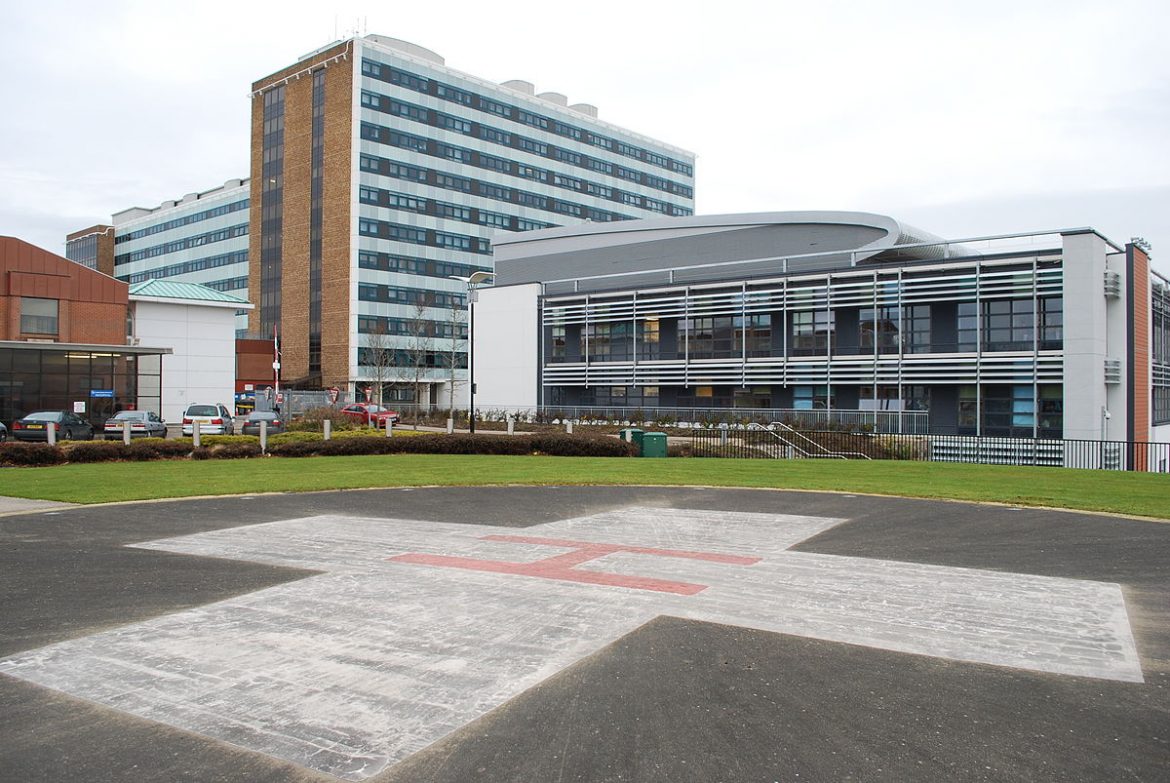Speaking this morning at the All-Island Civic Dialogue on Brexit, Health Minister Simon Harris outlined that cross-border healthcare will remain “unwavering” post-Brexit.
He says that the continuity of cross-border health services is a priority for the Department of Health. He says that Brexit will introduce challenges, but reassures that cross-border health co-operation will continue post-Brexit “because it makes perfect sense for it to continue.”
“It is in the best interests of patients and of common benefit to Ireland and Northern Ireland,” he says.

Minister Simon Harris
Under the current programme, INTERREG V, €47.7 million worth of funding has been pumped into eight cross-border health and social care initiatives. He explains that this funding will be used to reduce health inequalities, transition health services from an institutional to community-based setting and increase efficiencies through increased use of e-health technologies, on both sides of the border.
The previous programme, INTERREG IVA, which ran from 2009 and 2015, €30 million was allocated to cross-border healthcare.
Minister Harris commended the work done by staff at Altanagelvin Hospital.
The new Radiotherapy Unit at Altnagelvin Hospital in Derry offers cancer patients from Donegal access to radiotherapy, reducing their travel time significantly. Moreover, Donegal patients having a STEMI heart attack now have 24/7 access to Primary Percutaneous coronary intervention (pPCI) services in Altnagelvin hospital.
Further east, cross-border healthcare benefits babies born with congenital heart disease in Northern Ireland can be treated at the new Hybrid Cardiac Catheterisation Laboratory at Crumlin Hospital in Dublin.
Minister Harris says; “I would like to reassure you that ensuring continuity of health services and avoiding any changes that would have a negative impact on human health are the key priorities of my Department in addressing the implications of Brexit.
“Brexit will undoubtedly pose challenges for the health sector, as it will for every other sector. But I have no doubt that the strength and maturity of networks and relationships that have built up over time will be of great benefit as we seek to manage the implications of Brexit collectively on an all-island basis.
“It is important to be clear that until the UK formally withdraws from the Union, it remains a full member, with all of its existing rights and obligations and there are therefore no immediate changes in the area of health.
“The UK’s no longer being an EU Member State may present extra hurdles that we need to overcome but I can reassure everyone here today that commitment to cross-border health co-operation remains unwavering.
“Work is underway to examine and address the implications of Brexit for the health sector. My Department, the HSE and other agencies are continuing to conduct analysis, preparations and contingency planning to mitigate the impact of Brexit on the health sector.”
European Medicines Agency
Minister Harris has also suggested that Dublin could be the new location for the European Medicines Agency, which protects the health of 500 million EU citizens through scientific evaluation and monitoring of human and veterinary medicines, so it is therefore essential that its operations are no negatively affected by the need to relocate from London to another European city, he says.
“I believe that Dublin provides the best solution for the new home of the EMA to allow business continuity and maintain current operational efficiency in the interest of European patients.
“I have submitted Ireland’s bid setting out all the advantages that Dublin has to offer as a safe, multicultural city with excellent connectivity and transport links, as well as the package of financial and other supports that the Irish authorities would provide to assist a move to Dublin.”
“Unique circumstances”
Minister Harris says that the UK have acknowledged Ireland’s “unique circumstances”, and the need to protect the peace process and the Good Friday Agreement is of high importance.
“The transition from violent conflict to peace and political stability in Northern Ireland stands as a positive example of the European peace project. The EU provides fundamental support to the deepening of peace and reconciliation which is relied upon and supported by people, North and South, and across all communities.
“It has directly underpinned the Northern Ireland Peace Process in several ways. The common EU membership of Ireland and the UK has facilitated an island with an open border, common trading and regulatory standards, a shared framework of inter-governmental co-operation and a sense of shared European identity which provides a crucial reassurance to the minority nationalist community in Northern Ireland.”
He outlined that the Irish Government’s four main priorities arising from Brexit are to minimise the impact on our trade and the economy, they include: to protect the Northern Ireland Peace Process, including through maintaining an open border; to continue the Common Travel Area with the UK; and to work for a positive future for the European Union.
Tags:







